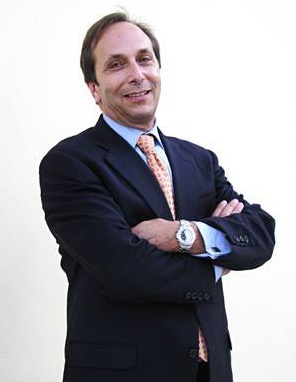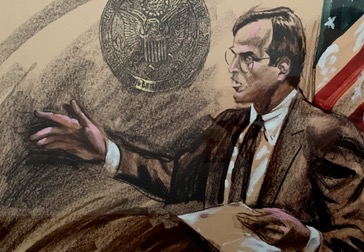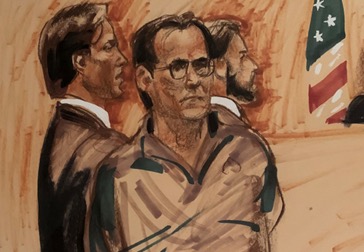Ferretting out health care fraud in Florida and Detroit
By Rich Lord / Pittsburgh Post-GazetteSeptember 27, 2015
The most successful Medicare Fraud Strike Force sent health care scammers scurrying all over the country — but hasn’t come close to running out of cases on its own turf.
The Southern District of Florida accounted for 18 percent of health care fraud defendants nationwide from 2009 through 2014. This fiscal year it has charged 179 people with health care fraud — its highest total since 2009.
“I’m surprised that after all of these years, prosecuting these cases and defendants receiving pretty hefty sentences, it’s still going on,” said Wifredo A. Ferrer, U.S. attorney for Southern Florida.
Meanwhile prosecutors from Puerto Rico to Detroit said some of their health care fraud problems migrated from Miami. The Southern Florida experience shows the strengths and weaknesses of an enforcement strategy that concentrates resources in a handful of districts, even when the targeted crime is eminently portable.
In the 1990s, Mr. Ferrer said, his office noticed “people who previously committed violent narcotic offenses switch over to Medicare fraud. It was easy, it was safe and it was lucrative.”
A local task force morphed in 2007 into the first of the federal strike forces. Now that team has 12 prosecutors, 35 FBI agents, 20 Health and Human Services Office of Inspector General agents, Centers for Medicare & Medicaid Services data pros, state investigators and a few nurses who work in their own fraud-fighting warehouse.
Why haven’t they run out of cases? Mr. Ferrer said that the crime has mutated like a virus, first manipulating the market for supplements, then durable medical equipment, home health care, community mental health and now the Medicare Part D drug benefit. He added that some scammers who “saw that we were very hot on their trail would leave South Florida and go to other parts of the country.”
Detroit’s Medicare costs started to exceed the norm, and a strike force assigned to the Eastern District of Michigan probed the causes.
“We see patient recruiters troll around in soup kitchens and homeless shelters,” inviting vulnerable people to sign 10 forms for $200, said U.S. Attorney Barbara L. McQuade of the Eastern District of Michigan. Those forms allow the fraudsters to bill Medicare for fictitious treatment. “Many of them came from Miami, in the early days especially.”
Health care fraud there took forms not seen in Miami.
On a Friday in 2013, a whistleblower told Detroit-based prosecutors about a coming lawsuit accusing hematologist-oncologist Farid Fata of fraud.
Fata “was so deeply disturbing because he was a legitimate doctor with a thriving practice who chose to lie to his patients and tell them they had cancer so he could prescribe chemotherapy,” said Ms. McQuade. The case became one of the rare whistleblower cases that blossoms into a criminal prosecution. [See sidebar 3] For unnecessarily treating 553 patients and billing $34 million, Fata, 50, was sentenced in July to 45 years in prison.
Headed for sentencing in Detroit on Oct. 2 is Aria Sabit, 39, who unnecessarily installed spinal fusion devices in return for a cut of the distributor’s profits. Ms. McQuade thinks the big cases have a deterrent effect. “Since 2010 to 2014 we’ve seen a reduction in Medicare billing of $900 million in the Eastern District of Michigan,” she said.
Strike forces also work Central Florida, two districts in Texas, two in Louisiana, and one each in California, New York and Illinois. Leslie Caldwell, assistant attorney general for the Department of Justice Criminal Division, said strike forces can be moved or new ones can be created, but there are no plans to change the program.
Nationally, the number of people charged with health care fraud peaked in 2011, at 1,430 — a record inflated by Puerto Rico, where prosecutors accused 548 people of such crimes that year. Doctors in the city of Lajas, Puerto Rico, were certifying hundreds of false disability claims against insurance company Aflac Inc., said Julia Diaz-Rex, who prosecuted the cases.
The number of federal health care fraud defendants dipped in 2014 to 805, the lowest total since 2009.








